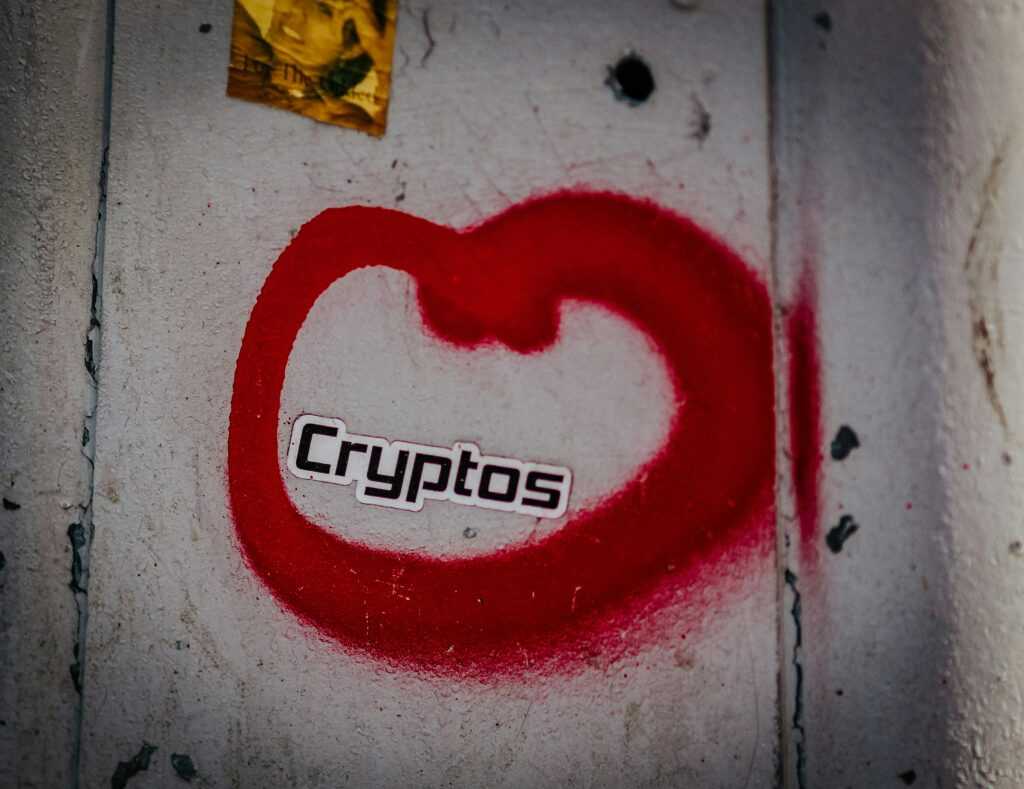Where is 5163550111 Coming From?
It usually pops up as a caller ID number, often from a New York area code (516). But here’s what’s odd — when people answer or call back, they either get silence, a hangup, or an automated message that seems off.
The number’s patterns match what seasoned phone scammers or robocall systems often use. The goal: get you to pick up. Once you do, your number’s confirmed as “live” and sold off to other marketers or used for more targeting. But even if you don’t answer, the fact that 5163550111 keeps dialing raises questions about how your number ended up on their radar.
Reverse Lookup Tells Half the Story
Look up 5163550111 through a reverse phone lookup, and you’ll find mixed feedback. Some users label it as harmless, others flag it as persistent scam behavior. The reason is simple — these kinds of numbers can be spoofed, meaning criminals mask their actual number using fake ones.
This tactic isn’t new. Scammers simulate trustworthy area codes to boost the odds of getting someone to pick up. It creates a false sense of local presence — and that’s where 516 gets its mileage.
Why Do They Keep Calling?
These calls usually fall under one of a few categories:
Robocalls: Prerecorded messages trying to sell, scam, or inform. Survey scams: Pretend polls that pivot into offers or data grabs. Prize notifications: “You’ve won!” type calls with a catch (usually your wallet). Service fraud: Impersonating technical help, financial institutions, etc.
If you’ve answered a call from 5163550111, there’s no need to panic, but take it seriously. Your number may now be active on a lead list. This means more unsolicited calls ahead unless you filter and report.
Blocking and Reporting
Here’s what you can do if this number keeps targeting you:
- Block the Number: Every smartphone has builtin tools for this.
- Report It: Use channels like the FTC’s Do Not Call registry or apps like Truecaller.
- Stay Quiet: Never provide info, hit number keys, or say “yes.” Just hang up.
- Use Call Filtering Apps: They spot known scam numbers and block proactively.
It’s defense by layers. No single step guarantees peace, but combining a few keeps most interference at bay.
Spotting the Red Flags
True scammers usually follow similar tactics. Watch for these:
High urgency (“Act now!”) Asking you to confirm private details Offering prizes or money Robotic voice or silence Hanging up when questioned
If 5163550111 fits some or all of these, treat it like a potential threat and don’t engage. Remember: legit callers leave polite voicemails and provide callback details.
Think Before You Call Back
The impulse to call back a missed call is human. But in this case, resist it. Some rogue systems charge premium rates or reroute you through international networks that hit you with hidden charges. Cases like 5163550111 often trigger callbacks out of curiosity, and that’s exactly what scammers want.
5163550111: The Bigger Picture
This number isn’t acting alone. Systems like it are flooding networks thanks to cheap robocall tech and poor oversight from lowquality VoIP providers. One robocall operation can push millions of calls per hour.
So 5163550111 is really part of a systemic issue impacting anyone with a mobile phone, especially in the U.S. It’s less about this specific number, more about the infrastructure that lets it exist and persist.
What If It’s Legit?
Always leave room for legitimate reasons behind a call. In rare cases, local businesses, schools, or health care systems use rotating outbound lines. But those organizations usually follow up with emails or direct contact, and they clearly identify who they are.
If the call from 5163550111 comes with no prior relationship or clear context, it’s best to treat it as suspicious. Better to be cautious than compromised.
Conclusion
We all rely on mobile phones to work, connect, and live smarter. But that means dealing with the lessglamorous side of tech — random calls like those from 5163550111, spoofed numbers, and digital scams. Know the signs, block what you can, and don’t take that call just because it “looks local.”
Bottom line: the more you know, the fewer risks you take.






